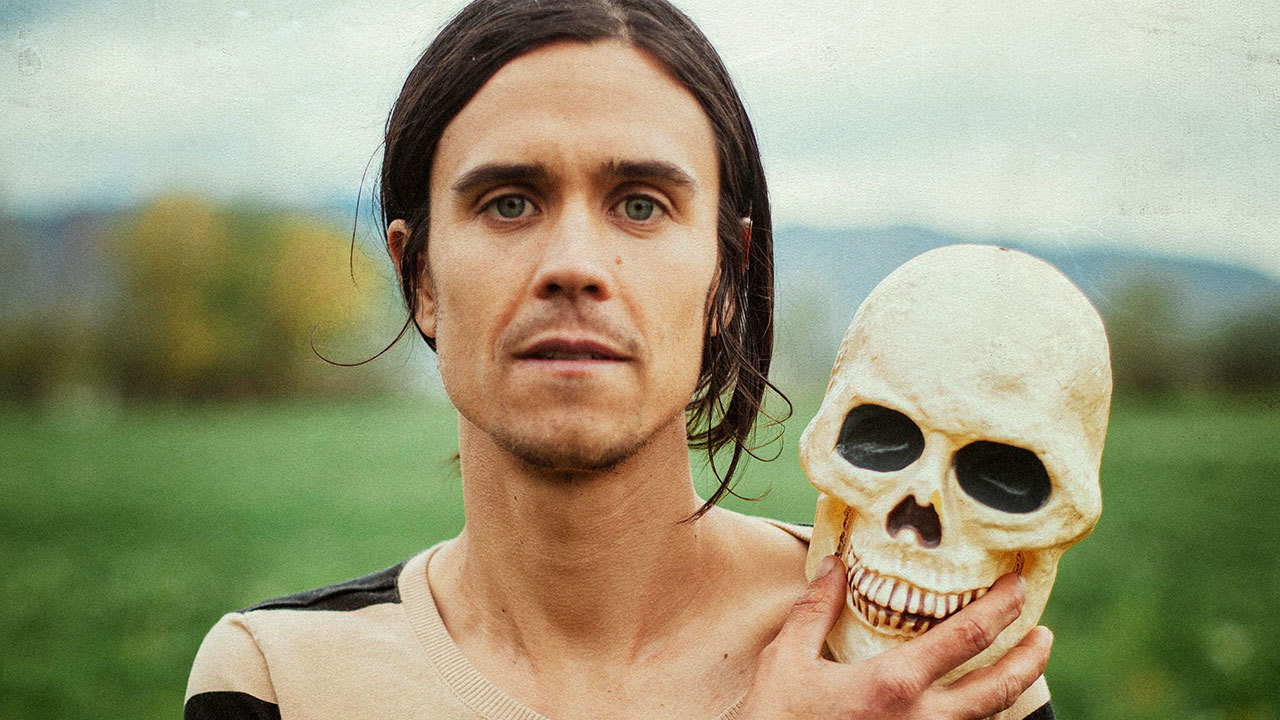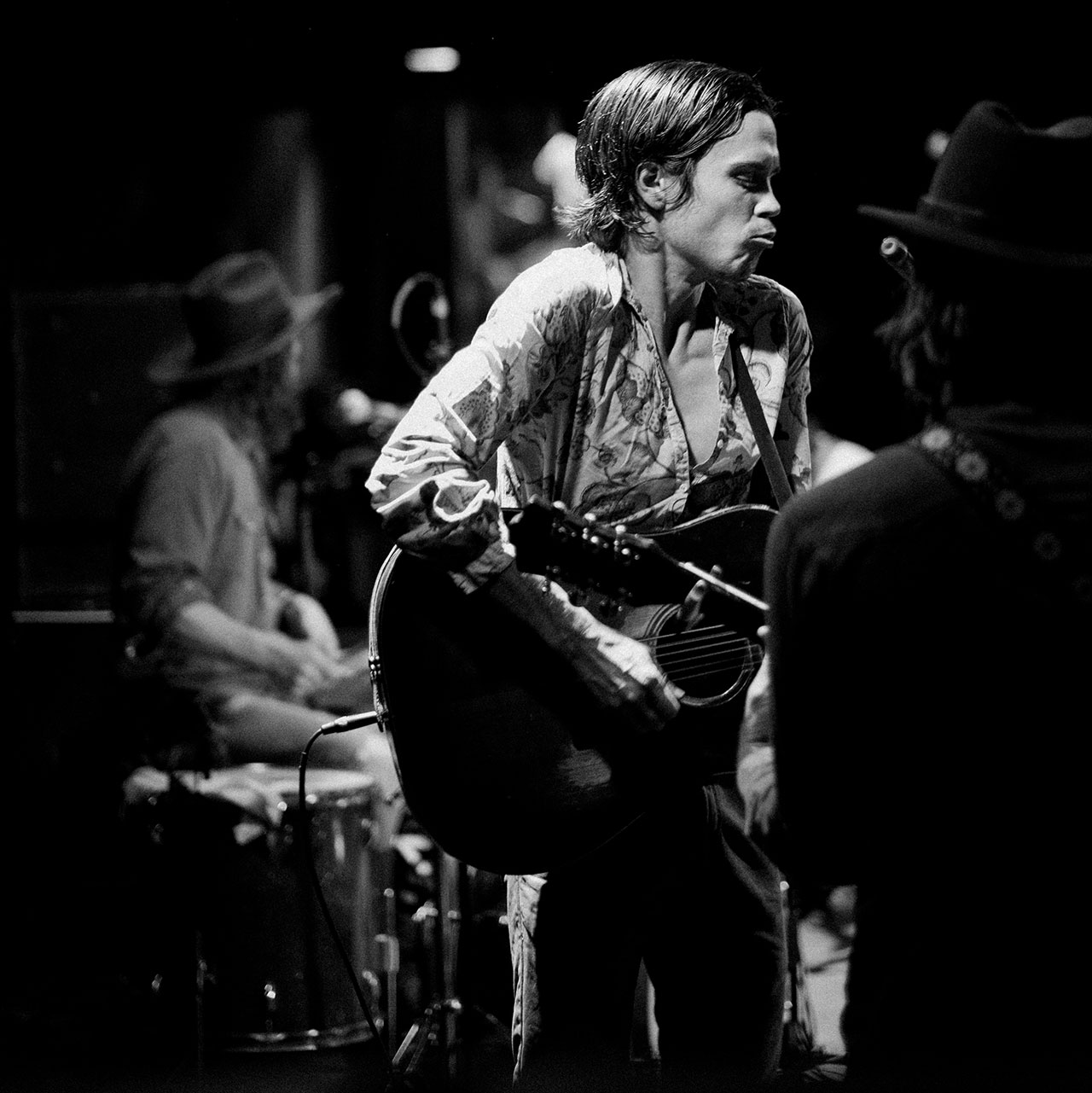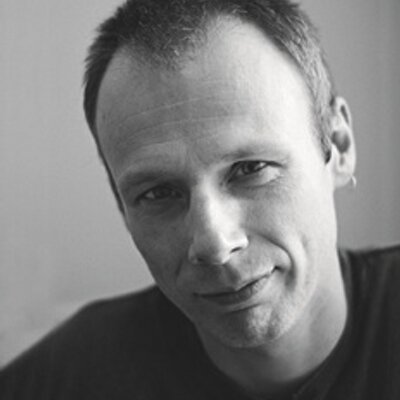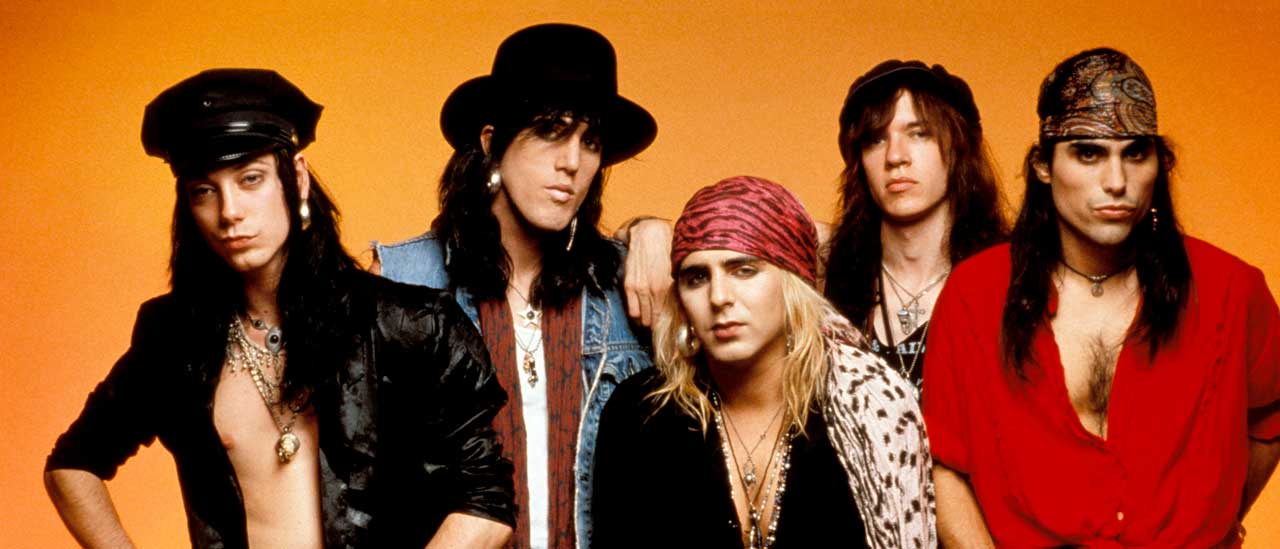Restless Soul: Why Joshua James might give it all up for a life making soap
Joshua James may have just produced a deeply personal record of devastating songs, but don’t count on him remaining a musician...

Select the newsletters you’d like to receive. Then, add your email to sign up.
You are now subscribed
Your newsletter sign-up was successful
Want to add more newsletters?

Every Friday
Louder
Louder’s weekly newsletter is jam-packed with the team’s personal highlights from the last seven days, including features, breaking news, reviews and tons of juicy exclusives from the world of alternative music.

Every Friday
Classic Rock
The Classic Rock newsletter is an essential read for the discerning rock fan. Every week we bring you the news, reviews and the very best features and interviews from our extensive archive. Written by rock fans for rock fans.

Every Friday
Metal Hammer
For the last four decades Metal Hammer has been the world’s greatest metal magazine. Created by metalheads for metalheads, ‘Hammer takes you behind the scenes, closer to the action, and nearer to the bands that you love the most.

Every Friday
Prog
The Prog newsletter brings you the very best of Prog Magazine and our website, every Friday. We'll deliver you the very latest news from the Prog universe, informative features and archive material from Prog’s impressive vault.
Joshua James’s fifth, latest and best album, My Spirit Sister, is many things, and among them are transfixing, beautiful, soul-baring and shattering. Altogether it’s as haunting and powerful a dissection of a relationship in crisis as Bob Dylan’s Blood On The Tracks, but sung by a man with a voice as celestial as Jeff Buckley’s. The album is all the more deeply and starkly affecting for so clearly being about James’s marriage. He readily admits that he and his wife Emily went through a “difficult, very emotional experience” a couple of years ago, which the record autopsies.
Musically it taps into the vein of ghostly, stripped-down Americana mined by such looming figureheads as Neil Young and Johnny Cash on his American Recordings series with Rick Rubin, and more latterly by the likes of Fleet Foxes and Conor Oberst. The dark, bruised mood is established by the desolate opening track, Broken Tongue. To hushed acoustic guitar and a snare drum that snaps like a whip, the first words James intones are: ‘I wish someone would just sleep here over to check I’m still breathing.’ There isn’t a shaft of light until the closing Blackbird Sorrow nine songs later, when he allows: ‘I think we’re going to shake this dark shadow.’ And even then it’s followed by a lacerating dagger: ‘Though I feel a bit strange about her giving her love to another.’
Today James is a study in contrasts. Softly spoken but easy to laugh, he is out feeding the chickens on his farmstead, named Williamette Mountain by him, which occupies a few acres of the north-west Utah landscape. Outside with him are his two young children, Ollie and Millie, both of them laughing and running about the place, and also wife Emily. “My lady and I are in a better place now than we have ever been,” James says. All together they appear to make up a very rural kind of idyll. Yet My Spirit Sister, which James wrote and recorded in his home studio, picks at wounds not long healed and that must surely still run deep.
“Of course, yes,” he avers. “The conversation about whether to put this record out there was one that went round the dinner table many times. It is intense, scary and also pretty obvious, but I find that to be so liberating and human. I’ve heard thousands of songs about, you know, ‘she loves you yeah, yeah, yeah.’ There’s nothing wrong with that, but I want more. I want specifics.
“We don’t talk about this stuff, it’s hidden in dark places. But it’s real, and something I know that so many other people have gone through too. Will I make another record like it? I hope not. But it is also hopeful. Bones get stronger when they get broken.”
Born 34 years ago into a family of six children in Lincoln, Nebraska, James was raised a Mormon. His was such a conservative upbringing that having discovered The Beatles at high school, he had to hide his growing record collection from his mother. “She would break my Led Zeppelin and Pink Floyd records if she found them,” he says. “I don’t believe it ever to have been malicious on her part. In her mind she was trying to save her son from pitfalls in life, and she deemed rock’n’roll to be something from the underworld.”
When he was 19 he went to Venezuela to work as a missionary for the Mormon Church and lived for two years in one of the most impoverished neighbourhoods of the capital, Caracas. This was 2002, an especially turbulent year in that country’s recent history. That April, President Chavez was deposed briefly in a military coup and then returned to power by a public uprising. “I saw tanks roll into the neighbourhood,” James recalls. “I lived in a big four-storey building, and people were throwing stones down on them. A soldier got out of one tank and I watched him shoot dead five, six people basically right in front of me.
Sign up below to get the latest from Classic Rock, plus exclusive special offers, direct to your inbox!
“In Venezuela I also had this recurring dream that I was Eddie Vedder. I used to really like Pearl Jam as a kid. I got so excited about the concept that I could maybe be this guy that sang to and moved people.”
On his return to the US, James moved out to the Mormon city stronghold of Provo, Utah and enrolled on a nursing programme at the state university. He had also brought back a guitar with him from South America, and, self-taught, began to write and record songs in his apartment that he subsequently posted on MySpace. These caught the attention of Shannon Edgar, an LA-based producer, who flew James out to the West Coast, and where in 12 days in 2008 he recorded his debut album, The Sun Is Always Brighter.

Having dropped out of university soon after, he went on to make a brace of excellent folk-rock records – 2009’s Build Me This and 2012’s From The Top Of Williamette Mountain – and the covers collection Well Then, I’ll Go To Hell in 2013. During this period he started to question the tenets of Mormonism, which ultimately led him to abandon the faith: “That was a hard, frightening thing for me to do, leaving this thing I had based my entire existence on.” That internal conflict sits at the heart of many of the most affecting and evocative songs he wrote prior to My Spirit Sister, which cast him as a kind of spiritual Ryan Adams.
Like the new record, each of those others was released on James’s own label and made out at Williamette Mountain where he’s lived for the past eight years. The cottage industry he’s established in the shadow of the Wasatch Mountains extends to food and livestock. Posted on his Tumblr page, James’s blog is peppered with recipes of his for dishes such as Danish pancakes and bowled sushi.
“We’re not far off from being self-sufficient,” he says. “My family and my plot of land with my animals, those are the only things that I really care about. I’m not looking for some big career. Who knows if I’ll even be doing music in ten years. Maybe by then I’ll have started a soap company.”
For now, James is heading out on the road with his three-piece band, taking these naked, devastating new songs of his around North America and, most likely, Europe. He describes touring as “ten per cent music, ninety per cent everything else. For me, life is such an amazing adventure. I want to experience more people, more places and swim in as many bodies of water as I can. We’ll be taking our fishing poles and our bikes.”
No matter how comfortable and settled his renewed family life is, there is the sense too that his is a restless soul, and that he will continue a quest to find reason and meaning in the furthest recesses of the human condition. “Sometimes I just want something drastic to happen to me, because it completely shakes your reality,” he considers. “Maybe on this trip I’m looking to break some more bones.”
My Spirit Sister is out now via Williamette Records.
Paul Rees been a professional writer and journalist for more than 20 years. He was Editor-in-Chief of the music magazines Q and Kerrang! for a total of 13 years and during that period interviewed everyone from Sir Paul McCartney, Madonna and Bruce Springsteen to Noel Gallagher, Adele and Take That. His work has also been published in the Sunday Times, the Telegraph, the Independent, the Evening Standard, the Sunday Express, Classic Rock, Outdoor Fitness, When Saturday Comes and a range of international periodicals.

